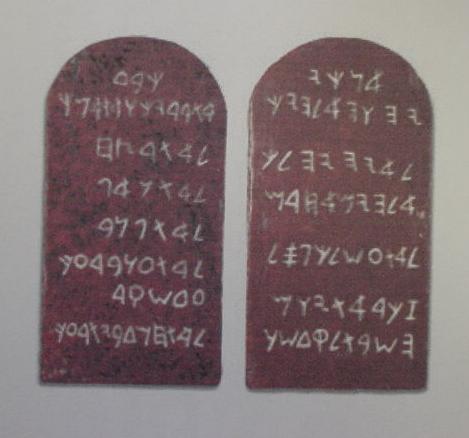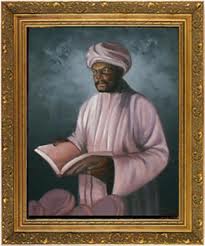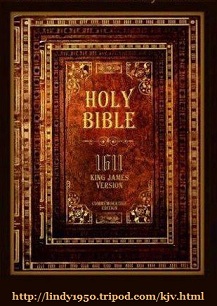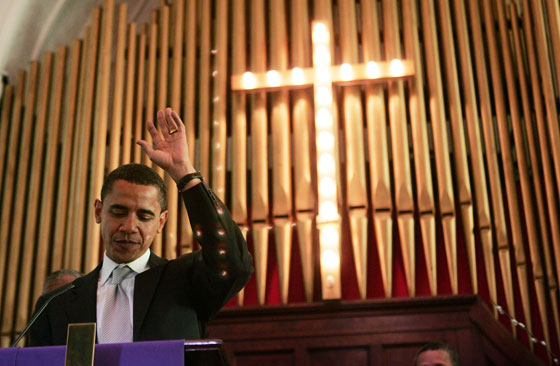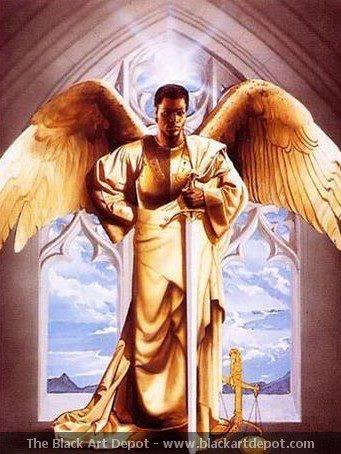Europeans (the blessed children of God) and Africans (the covenant children of God) both share a deep, and very strong spiritual belief that God has a divine purpose for the United States of America. That divine purpose has yet to be fulfilled, but is coming into view. The vision of truly being one nation (one people of many different races, genders, classes, and conditions) under God (under the supreme Lordship of God the Father, Son, and Holy Ghost-Mathew 28:19 and 1 John 5:7, through the Seven Spirits of God-Rev.4:5)
“And to the angel of the church in Philadelphia write, These things says He who is holy (Holy is God the Father, Holy is God the Son, and Holy is God the Holy Ghost), He who is true (King Christ Jesus our Lord, our Permanent High Priest before the throne of God, and our oldest Big Brother in Christ is the way, the truth and the life.-John14:6), He who has the key of David, He who opens and no one shuts, and shuts and no one opens. I know your works, See, I have set before you an open door, and no one can shut it, for you have a little strength, have kept my Word, and have not denied My name (The Father, Son, and Holy Ghost-Matthew 28:19, and 1 John 5:7). Indeed I will make those of the synagogue of Satan, who say they are Jews and are not, but lie -- indeed I will make them come and worship before your feet, and to know that I have loved you (They will not be coming to worship us nor our denomination, but the Spirit of God who is dwelling in us and working through us which consist of the Father working through our mind, His Son working through our heart, His Holy Ghost working through our souls through our physical body while we wait for our new glorified body from God the Father). Because you have kept My command to persevere, I also will keep you from the hour of trial which shall come upon the whole world, to test those who dwell on the earth (In that day, all denominational titles, positions, and reputations will melt away, and only our relationship in God and with God will be truly tested.
Jesus said, “Therefore as the tares are gathered and burned in the fire, so it will be at the end of this age. The Son of Man will sent out His angels, and they will gather out of His kingdom all things that offend, and those who practice lawlessness, and will cast them into the furnace of fire. There will be walling and gnashing of teeth. Then the righteous will shine forth as the sun in the kingdom of their Father. He who has ears to hear, let him hear.” (Matthew 13:40-43) Today when the hour of trial come to test us on the earth, those who have the Father dwelling in our mind, His Son dwelling in our heart, His Holy Ghost dwelling in our soul, sealed with the blood of the Lamb in our physical body while we wait for our new glorified body from God the Father, will be reflecting the true image of God through us, and the angels of God will pass over us and not harm us). Behold, I am coming quickly! Hold fast to what you have, that no one may take your crown. He who overcomes, I will make him a pillar in the temple of My God (in our new glorified body), and he shall go out no more. I will write on him the name of My God and the name of the city of My God, the New Jerusalem, which comes down out of heaven from My God. And I will write on him My new name. He who has an ear, let him hear what the Spirit says to the churches.” (Revelation 3:7-13) Stay blessed and always stay encouraged in the Lord.
An H Reference Phyllis Wheatley's Prophecy to General George Washington
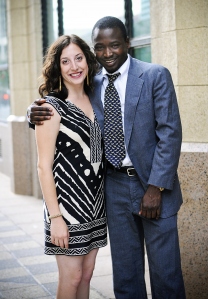
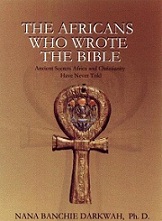 Edward Blyden: his prophetic vision
Edward Blyden: his prophetic vision